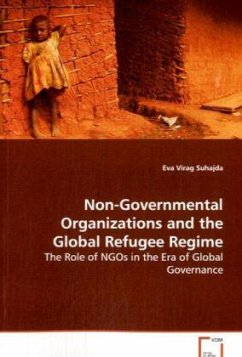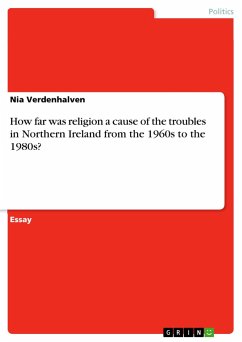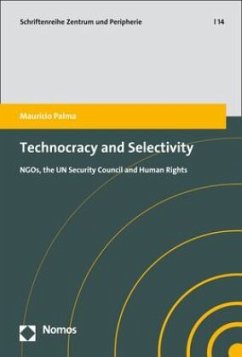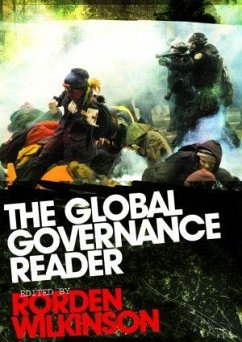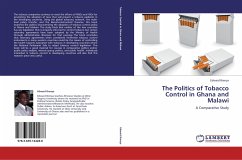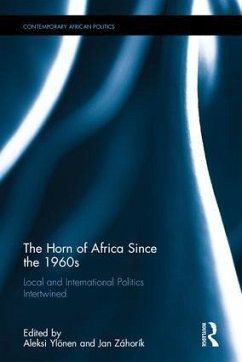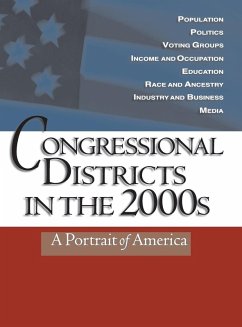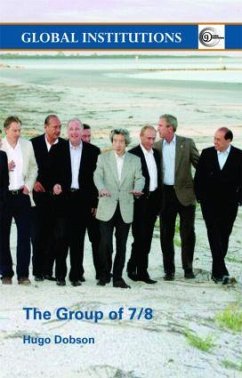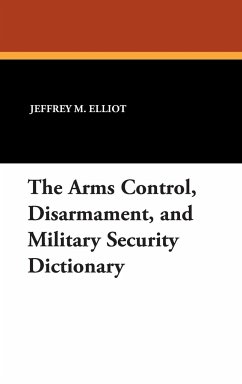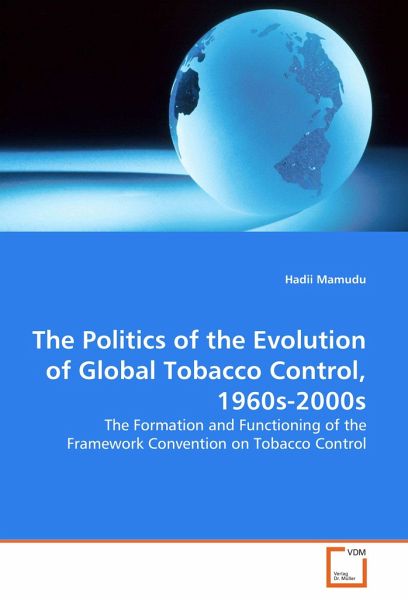
The Politics of the Evolution of Global Tobacco Control, 1960s-2000s
The Formation and Functioning of the Framework Convention on Tobacco Control
Versandkostenfrei!
Versandfertig in 6-10 Tagen
52,99 €
inkl. MwSt.

PAYBACK Punkte
26 °P sammeln!
This book analyzes the politics behind the evolution of tobacco control from the concern of a few developed countries in the 1960s into a global issue, and leading to the adoption of the 2003 World Health Organization (WHO) Framework Convention on Tobacco Control (FCTC), the first global public health treaty. The book relies on liberal-constructivist perspective to analyze this transformation of the status of tobacco control in the international system. Methodologically, the book triangulates elite interviews with archival documents and secondary data. The author concludes that the presence of...
This book analyzes the politics behind the evolution of tobacco control from the concern of a few developed countries in the 1960s into a global issue, and leading to the adoption of the 2003 World Health Organization (WHO) Framework Convention on Tobacco Control (FCTC), the first global public health treaty. The book relies on liberal-constructivist perspective to analyze this transformation of the status of tobacco control in the international system. Methodologically, the book triangulates elite interviews with archival documents and secondary data. The author concludes that the presence of an institution, WHO, with constitutional powers in public health to develop a regime in tobacco control, and the activities of governmental and nongovernmental actors to diffuse and transfer knowledge, information, and ideas about tobacco use and tobacco control, and lesson drawing contributed to the emergence of tobacco control as a global phenomenon and a subject of collective action, theFCTC. This book is useful for courses in international relations, public policy, public health and tobacco control, and for research and advocacy at all levels of governance.



